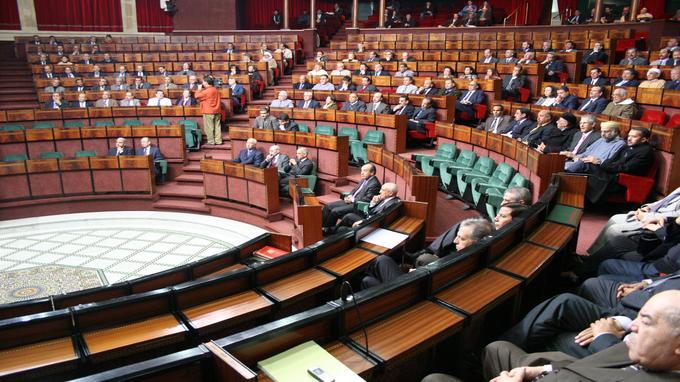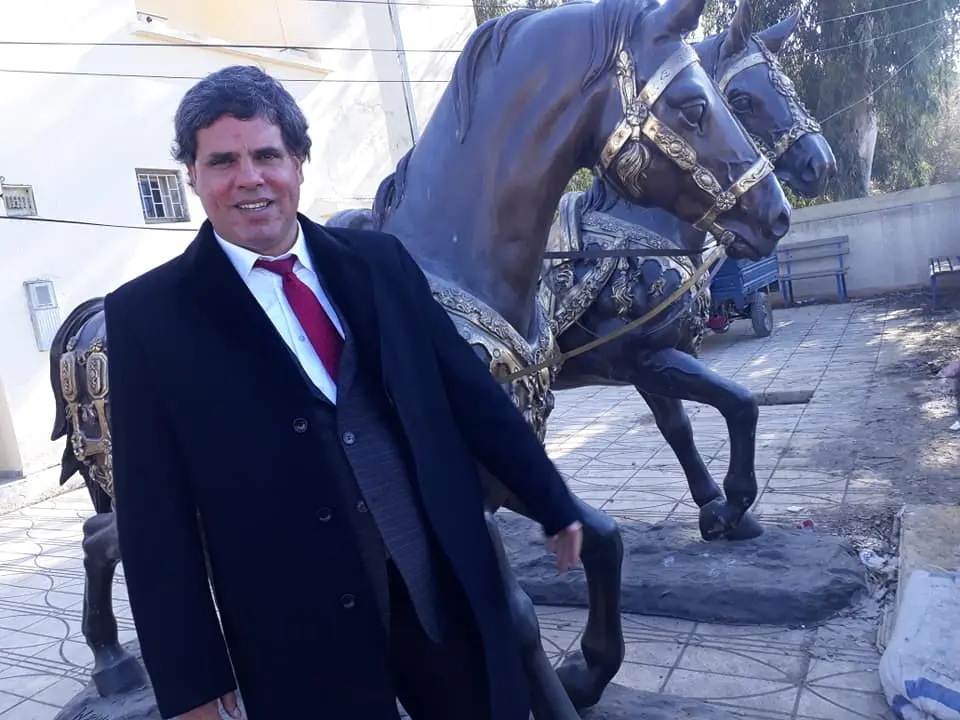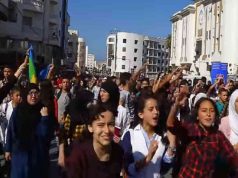
Rabat, Morocco (TMT)- The U.S. Department of State labelled Morocco’s most significant human rights concerns as corruption, sexism and disregard for the law in its annual human rights report published last week.
Widespread impunity took place due to a lack of systematic structures to investigate and punish those guilty of corruption. Claims of abuse have been dismissed, according to international human rights groups, and instead authorities focused solely on police versions of events.
Low-level incidents of alleged abuse and corruption were reportedly investigated, but many cases were left in their early stages and failed to see a fair trial. Twenty-one members of the Royal Gendarmerie were investigated on grounds for corruption, resulting in one two-month prison sentence, two acquittals and eighteen still in the judicial process.
Women remained victims of domestic violence and sexual assault, but no reliable statistics were published due to large amounts of expected underreporting. The government funded some women’s shelters through the Ministry of Solidarity, Women, Family, and Social Development.
Seventy-six percent of adult males in Morocco are literate, compared to fifty-eight percent of adult females, according to data from 2011. Still, women have made notable strides in 2016, with the Oct. 7 elections seeing the greatest number of women elected to the Chamber of Representatives in Moroccan history.
Morocco’s prison and detention centers saw an improvement from 2015, however their conditions still fell below international standards, according to the report. Overcrowding has decreased in the past three years, with twenty-six new prisons opening. The twenty-six recently opened prisons make up 35 percent of Morocco’s total amount of prisons.
Female prisoners, which make up 2.3 percent of Morocco’s prison population, received less fair conditions than their male counterparts. Women’s health facilities were typically in the men’s section of the prison, and female prisoners routinely faced discrimination from staffers, including those on the medical team. There were also less available vocational opportunities for female prisoners.
The report applauded Morocco’s passage of a new press code in July that limited punishments for journalists, although the antiterrorism law and the penal code included provisions allowing imprisonment and fines for journalists convicted of libel.
The U.S. Embassy in Rabat released a statement following the publishing of the report, stating that they wanted to “recognize the positive steps that Morocco took in 2016 to strengthen its respect for human rights.”
“The U.S. Embassy appreciates the Government of Morocco’s invaluable engagement in the preparation of this year’s reports, with constructive and open dialogue involving the Ministry of Interior, the Ministry of Foreign Affairs, and the Inter-ministerial Delegation on Human Rights, as well as by other partners such as the National Council on Human Rights and the NGO community,” the press release stated.





